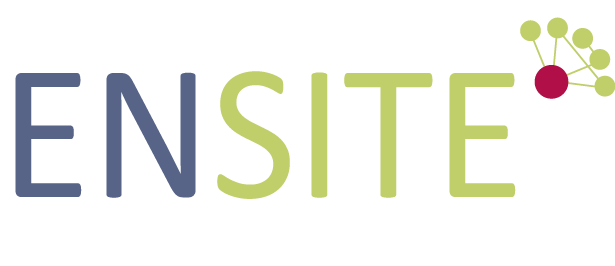Multplier Event, 20th May 2021 by Elwier / Ecent, Utrecht University
Theme: Environmental socio-scientific issues in mathematics and science teacher education
Multiplier Event, 20th May 2021, Utrecht University, Netherlands
Should vaccination be compulsory? Is it possible to use only ‘renewable energy’? Can global warming be stopped?
The relevance of paying attention to this type of socially relevant scientific dilemma’s (socio-scientific issues) in teacher training for science and mathematics is increasing. After all, education has the task of preparing pupils for a future in which they are able to think along and decide on these kinds of issues.
SSI are little structured, open problems or dilemmas that have multiple solutions. Underlying data plays an important role in making decisions on such issues. Using mathematics, in particular statistics on large databases, therefor can play an important part in this.
In this multiplier event of the ENSITE project we will talk about how science and mathematics teacher educators can incorporate SSI. We focus on environmental SSI and use experiences and ideas from ENSITE and other European projects on this subject (Parrise, MasDiv).
Target group: Teacher educators of STEM
Dates: Thursday, 20th May 2021, 13:45-17:00
Programm:
Environmental SSI in mathematics and science teacher education
| 13:45-14:00 | Introduction |
| 14:00-14:45 | Invited plenary – Christine Knippels (Utrecht University, Freudenthal Institute) – SSI and IBL |
| 14:45-15:00 | Break |
| 15:00-16:30 | Topic discussions |
Participants will learn how to teach science and maths, with the use of socioscientific issues.
For more details please visit here.
Christine Knippels talked about how SSIBL was developed (for example in the Parrise project) and the challenges of giving attention to SSIBL in teacher training. She also shared some results of her recent research: How do pre-service teachers’ value SSIBL-pedagogy? Participants had the chance to observe ENSITE project posters, which were posted on a shared padlet. In the second part participants were divided in breakout sessions: IO2 Reasoning argumentation and critical thinking (Gultekin Cakmakci), IO4 Analyzing and collecting (big)data (Monica Wijers), IO5 Decision making in relation to the aspect of learning (Martin Bílek), IO9 Developing an SSI lesson I – focus on didactic aspects (Hilde Ervik & Ellen Andersson). In these breakout sessions IO leaders presented their modules and discussed different topics with the audience. The event ended with a plenary discussion, summary and evaluation.











